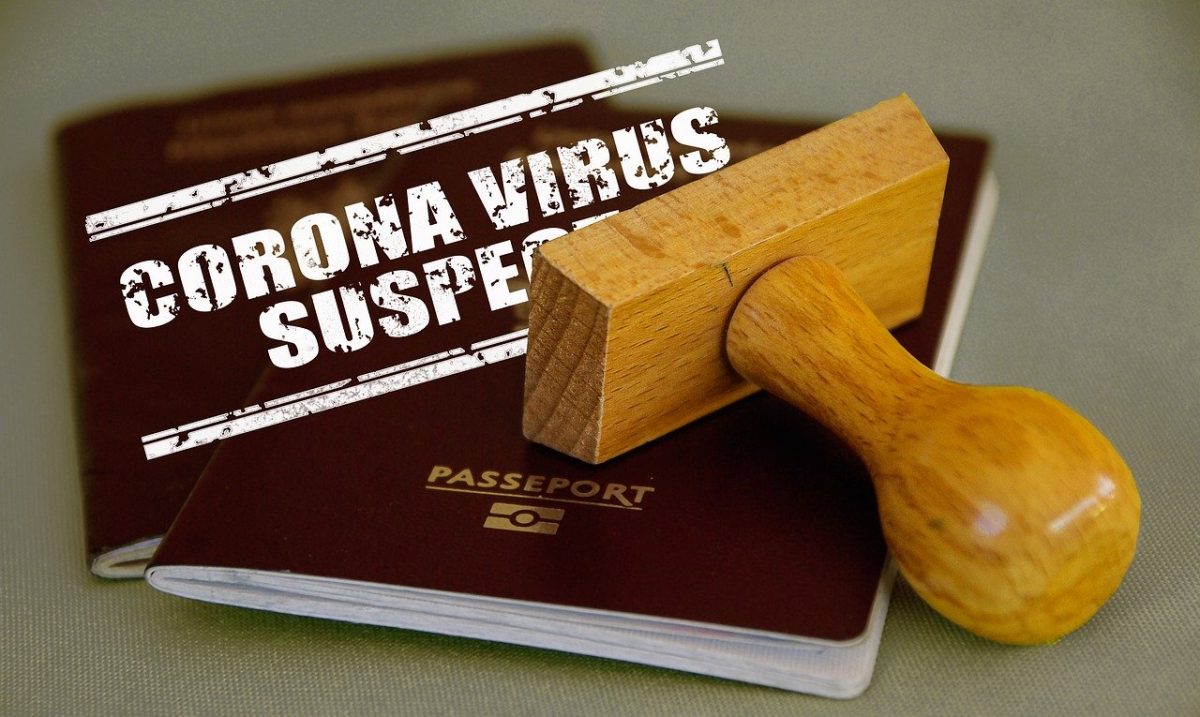
There are many e-commerce affected by the crisis and that require official aid to try to boost their business lines at this time. So that they can continue as until the beginning of March where this important social alarm that involves a good number of stores and shops online.
In this context, different emergency plans have been drawn up to protect these businesses in these months in which there has been a stoppage of business activity. Both in the development of business strategies and in relationships with customers or users. So that in this way they are in a position to continue with their activity from now on.
The market related to eating It is the one that is experiencing the most growth if we talk about the opening of online stores. Specifically, businesses such as butchers, fishmongers, greengrocers and small neighborhood shops are the companies that are most interested in opening stores on the Internet. It is the way they have to try to compensate for the physical closure of their establishments established by the Government in order to fight against the spread of this virus.
Sectors with the most demand
While on the other hand, the more traditional online stores or businesses are seeing how these days the orders are being expanded by their customers. Faced with the demand for a wide range of services, articles and products that are demanded by people who are confined to their homes. Such as food, books, leisure and entertainment products, or technology products
Especially given the lack of response from physical stores that have had to close these days as a result of the spread of this virus. To the point that in some cases the increase in their business lines is reaching levels higher than 40%. Where the biggest problem stems from the location of the collection points as users cannot leave their homes.
In this sense, we must remember at this time that the automated collection points are those that are acquiring greater relevance these days. Although they require a large infrastructure and a certain complexity, we can find this type of lockers for some time. In general, they are usually located in public places such as shopping centers or transport stations (and even private, such as the common areas of neighboring communities). Its mechanics are very simple for everyone since it is based on the fact that the user himself moves to them and enters a barcode that allows him to access his shipment.
Aid for freelancers and companies

Moratorium on social contributions for companies and the self-employed.
It offers the possibility of requesting a moratorium of up to six months, without interest, in the payments of Social Security contributions whose accrual period, in the case of companies, is between the months of April and June and, in In the case of self-employed workers, between May and July 2020. In addition, they may request the postponement of the payment of their debts with Social Security, the statutory period for entry of which takes place between the months of April and June.
Aid for tourism.
A line of ICO financing of more than 400 million for tourism companies, with a partial guarantee of 50% from the Ministry of Industry, Commerce and Tourism. In addition, for tourism companies (including commerce and hotels linked to the sector) the discounts of 50% of business contributions to Social Security in fixed discontinuous contracts for contracts from February to June. Likewise, in order to ensure the liquidity and viability of tourism companies, the payment of interest and amortization corresponding to the loans granted by the Secretary of State for Tourism within the framework of the Emprendetur Program is suspended for one year and without any penalty. in its variants of R + D + i, Young Entrepreneurs and Internationalization.
Other grants for SMEs
Among the main aids for SMEs and the self-employed are the following that we mention below:
Cessation of activity. Self-employed professionals who see their income reduced by 75% due to the coronavirus crisis, can access the so-called “unemployment of the self-employed”. The amount they will receive is calculated based on the average monthly contribution for the last six months. Given that 80% of the self-employed pay for the minimum, the average amount that the self-employed will receive will be about 660 euros per month. In order to opt for the cessation of activity, or also called unemployment of the self-employed, it is necessary that the worker is up to date in the payments to the Social Security and to have been registered in the Special Regime for Self-Employed Workers (RETA) at the time in which the state of alarm was decreed on March 14. The self-employed and entrepreneurs in need must go to the banks to request this financing.
Approved deferrals. The self-employed will be able to postpone the debts that they already had with the Social Security. Those income that self-employed workers had to make between April and June of this fiscal year may be deferred, applying a 0.5% interest. A six-month moratorium has also been approved for the payment of obligations with Social Security for May, June and July for both the self-employed and entrepreneurs. These will also have no surcharges or interest.
Pension plans. The self-employed or entrepreneurs who have been forced to close their businesses can access the rescue of their pension plans.
Mortgages. Mortgage payments are suspended for three months for those self-employed affected. To do this, they must submit a responsible statement that proves vulnerability and may suspend their fees for three months.
Electric social bond. It is intended for those self-employed who have had to cease their activity or who have reduced their income by at least 75%. They will be able to suspend bills for gas and electricity supplies for six months.
Self-employed persons infected by coronavirus. Self-employed workers who fall ill from Covid-19 will be considered an occupational accident. In other words, they may collect a benefit for sick leave. The amount for the self-employed who contribute by the minimum base is 23,61 euros for each day that they are absent. The main difference in the event that it is considered a common illness is that the self-employed person in these cases receives the benefit from the fourth day and the amount is 60% of the regulatory base.
Financing. The government has announced a series of guarantees that will cover 80% of the risks associated with the loans that banks grant to the self-employed and small and medium-sized companies. Specifically, 10.000 billion euros will be allocated to this measure. The self-employed and entrepreneurs in need must go to the banks to request this financing.
Bonuses on previous contracts. Especially in sectors such as hospitality or commerce, they have entered into discontinuous fixed contracts prior to the coronavirus crisis. These contracts were accompanied by certain bonuses. The Social Security has announced that it maintains this aid for all contracts signed until June. The self-employed and entrepreneurs in need must go to the banks to request this financing.
Incentives to mitigate the effects of the crisis

Within this campaign, it should be noted that ePages, one of the main providers of online store software, wants to help businesses affected during the coronavirus crisis with free online stores so that they can continue to sell. Through the “stayopen” initiative, closed businesses have the option of creating their own virtual store for free and with all its features, which will help them mitigate the economic consequences of the current situation, so that their customers can continue shopping safely from home. The service will remain free until the end of June, or longer if restrictions on store openings persist.
Measures against the coronavirus, which include the closure of physical stores, pose great challenges to the distribution sector. "Retailers are particularly affected by the state of emergency, especially small business owners," says Wilfried Beeck, founder and CEO of ePages. “While e-commerce is booming and authorized during the crisis, physical commerce is struggling to continue operating. With our cloud-based infrastructure, we can immediately offer a quick solution to thousands of merchants. "
The "stayopen" initiative has the support of many international ePages partners: the hosting company Hostalia in Spain; the leading provider of payment services Payone, a joint venture of the Ingenico Group and Deutscher Sparkassenverlag, and VR Payment, the payments division of the Volks- und Raiffeisenbanken Bank in Germany; the hosting provider Hostpoint in Switzerland; Box e-commerce of Société SAS in France; the Vilkas Group in Finland; eCorner in Australia; and Dominios.pt. in Portugal. So far, all of these companies have joined the initiative.